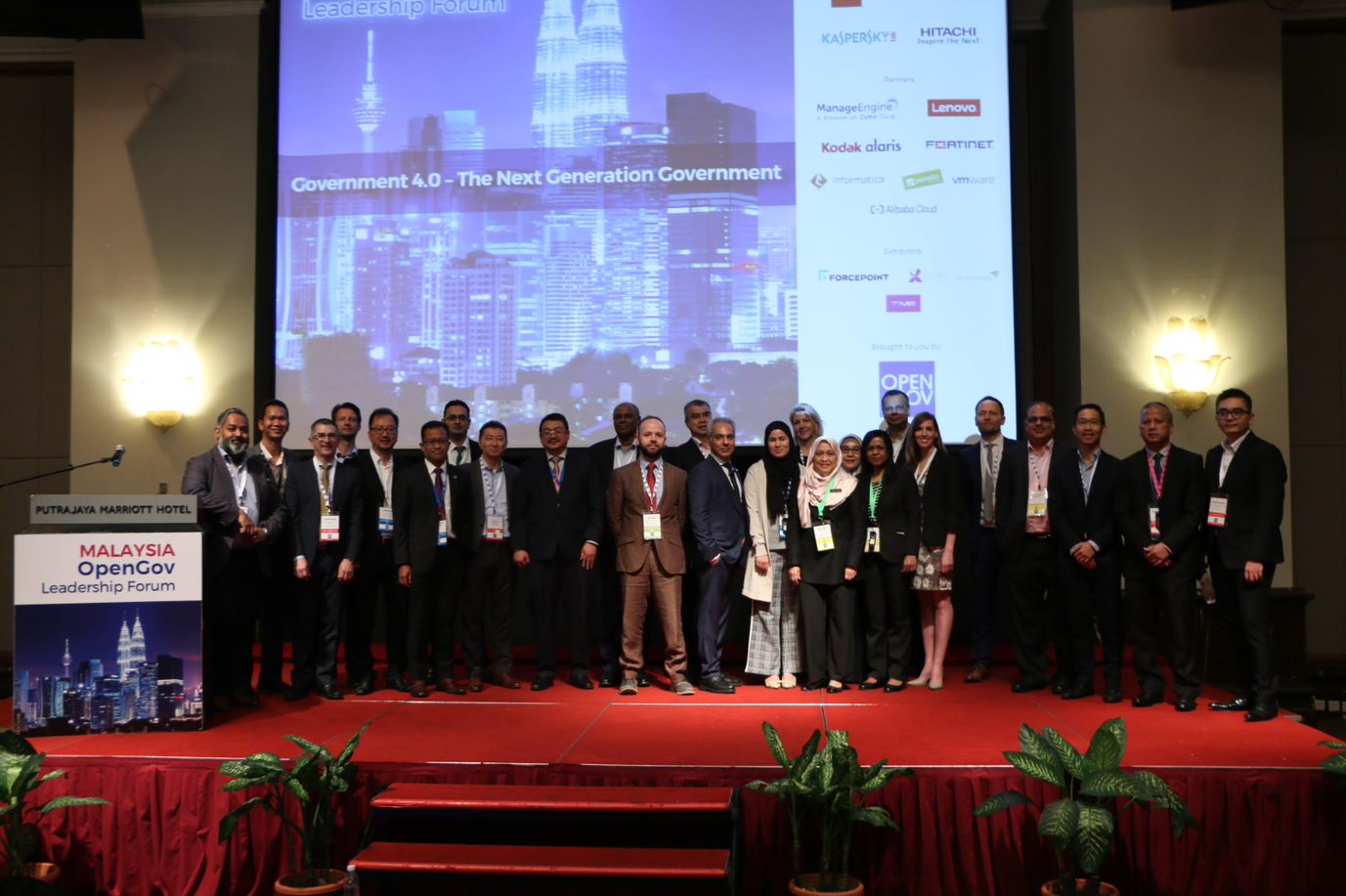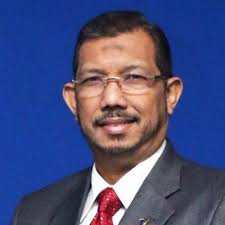
OpenGov Asia held the fifth edition of its Annual Malaysian OGLF on 11 April 2019. Over 300 participants from national and state government ministries, agencies, departments along with healthcare and education sectors to exchange ideas and experiences attended the event.
The forum included stimulating round-table discussions elevated using innovative gamification methods, engaging panels and insightful talks by local and international leaders in public sector ICT.
Malaysian Government’s digitalisation agenda will address connected government and connected citizens

Dato’ Dr. Mazlan Yusoff, Director General of the Malaysian Administrative Modernisation and Management Planning Unit (MAMPU), delivered the keynote address on the theme of ‘Connected Government and Connected Citizens’.
He confirmed that digitalisation of public service delivery is high on the list of the citizens’ expectations. People believe that digitisation is the foundation for an accountable, clean and impartial civil service that will allow the provision of services in a quick and cost-efficient manner.
Dato’ Mazlan shared that government’s digitalisation strategy – Connected Government and Connected Citizens – would focus on four areas. The first area of focus would be to increase the availability of online government services.
Presently, the Malaysian government provides 10,453 services of all kinds to citizens and non-citizens. Out of this, 87.10% or 9,102 services are available in some level of digital form. However, out of this, only about 37% are available end-to-end.
The government is working to digitalise the remaining services (currently only available in non-digital format) as well as ensure end-to-end digitalisation of all services.
The Director-General discussed another area of end-to-end service that has seen remarkable progress is in e-payment for government services. As of 31 December 2018, 61.65% (328 out of 532) public sector agencies have e-payment infrastructure in place. The goal is to expand the range and number of services to be delivered completely online.
The second area of focus is to move towards a fully digitalised government and a smart nation. To ensure that the digitalisation initiatives are carried out at all levels of government, MAMPU ensures that the implementation of all ICT projects is in accordance with the Public Sector ICT Strategic Plan (PSISP) and the Government Service Delivery Digitalisation Plan through the development of agencies’ own strategic plans.
The third area of focus is a Data-Driven Government. MAMPU also focuses on fostering a data-driven government by managing and realising the value of data in a holistic and efficient manner through proactive and collaborative data management as well as strengthening cross-agency data sharing to increase the value and benefit of data.
The fourth area of focus is the optimised sharing of services and strengthening cybersecurity. In order to create a conducive environment for the sharing of data, the Malaysian government has also implemented the underlying infrastructure or platform to share data among agencies through the Government Information Sharing Hub (myGDX).
MyGDX provides data brokerage services for data that is often referred by agencies to enable them to serve their customers better. The objective is to increase sharing of ICT resources through a centralised and structured initiative and to ensure secure and trusted digital services as shared services involving ICT infrastructure to provide seamless service delivery.
MAMPU has also undertaken several initiatives to strengthen ICT security in the public sector such as implementing the Government Public Key Infrastructure (GPKI). This service is provided and managed centrally by MAMPU in order to guarantee the security of data transaction, information and ICT online services in the public sector. Dato’ Mazlan concluded his address by highlighting some of the challenges that need to be overcome in order to increase the efficiency as well as ensure faster delivery of services.
Instituting appropriate governance and legal framework, Malaysia OpenGov Leadership Forum 2019 enhancing digital skills, enhancing digital government efficiency and integrating Artificial Intelligence to design Intelligent Business Process will be key if the Malaysian government is to accomplish all that it has set out to do.
















